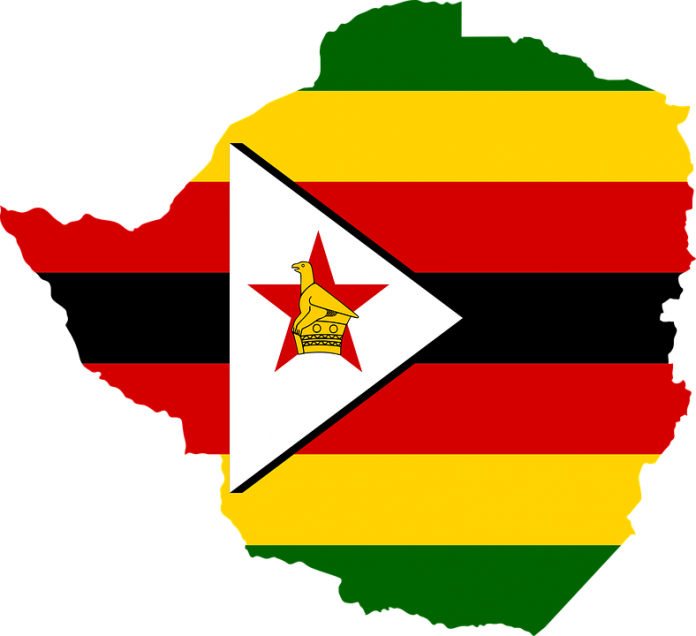(THIS ARTICLE IS MACHINE TRANSLATED by Google from Norwegian)
When Emmerson Mnangagwa took over as president after the coup against Mugabe in November 2017, he made it clear early on that he is not a new Mugabe and wants to write his own political history. Mnangagwa signaled great willingness to take on the chess economy and open up foreign investment. He has emphasized on several occasions that he will ensure free and fair elections in July 2018. The upcoming election will be the litmus test of whether human rights are respected and electoral fraud does not occur.
Positive measures. There is strong pressure on Zimbabwe from national, regional and international players to make free and fair elections. Mnangagwa's desire for legitimacy and assistance from these actors can act as a driver in making a democratic election. For the first time since 2002, Zimbabwe is opening up for EU and US election observers to participate. Norway and 61 other countries, including the African Union and the Southern Africa Development Community, are invited to send election observers.
During the 2013 election, it was reported that in some circles twice as many voters were registered as residents. At the same time, it was estimated that hundreds of thousands of voters – mainly from the opposition – were expelled from the polling stations due to errors in voter registration. In order to prevent such irregularities in the upcoming elections, a biometric electoral registration system (BVR) has been launched, which is still under development. If this is a success, it will call for improvement and real democratization in the electoral process.
But… Mnangagwa held several top political positions under Mugabe, and belongs to the same political party, Zanu-PF, but another wing. Mnangagwa has strong ties to the military, and has appointed a number of old gang members, some of them former military peaks, to the government.
The Electoral Commission (Zimbabwe Electoral Commission) is an independent organization that is responsible for ensuring that elections are conducted at all levels. However, many believe that its independence from Zanu-PF is only on paper – it is the president who appoints the commission's members.
Freedom of speech and press is a prerequisite for securing free and fair elections. Repressive laws affecting freedom of speech, the right to demonstrate and hinder many journalists in their work have neither been repealed nor changed after Mnangagwa's resignation as president. The state media channels are still used as a tool to promote Zanu-PF propaganda. Reporters Without Borders ranked Zimbabwe as the number 128 of 180 countries in freedom of the press in 2017 – partly because of oppressive media laws and harassment of journalists.
The increased militarization of the state following the coup against Mugabe speaks against a democratic election. It is reported that approximately 5000 soldiers are deployed in villages around the country to observe the upcoming elections. The soldiers are reported to be threatening the local people to vote for Zanu-PF. Oppositionists and activists claim it will be impossible for Zimbabwe to hold free and fair elections if deployed soldiers are to monitor the election.


